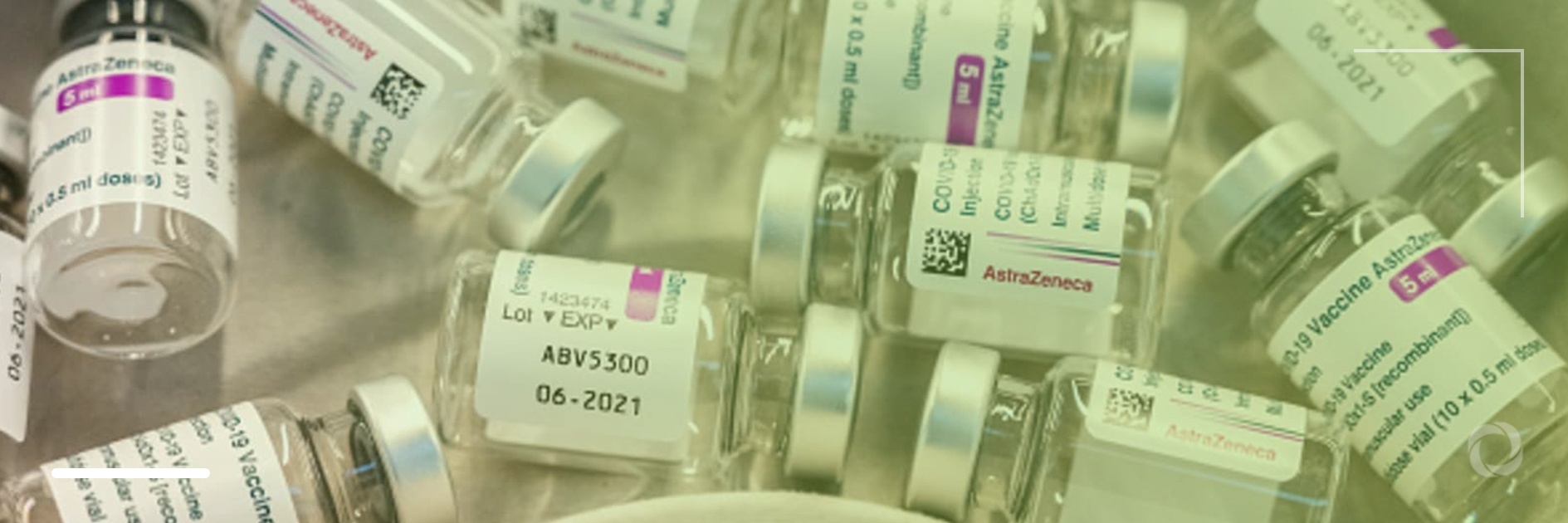The British-Swedish pharmaceutical giant, AstraZeneca, has announced that it will provide pandemic-hit India with US$250 000 worth of assistance together with more vaccines.
By mid-May, India had reported about 23 million COVID-19 cases and almost 250,000 deaths. The daily rate continues to surge as the country appears to be facing a new mutation of the virus. On 8 May alone, India recorded over 400,000 new infections and 4,000 deaths although experts warn that the actual figures might be even higher.
Against this background, Astra Zeneca has decided to send essential assistance worth US$250 000 including oxygen concentrators, medicines, and personal protective equipment as well as other supplies. The aid will also include vaccines which India desperately needs in order to halt the current wave of the pandemic which seems to have become out of control.
AstraZeneca CEO, Pascal Soriot, said: “We remain steadfast in our continued commitment to changing the course of the pandemic for the people of India. We hope that through increasing vaccinations, humanitarian relief efforts, and critical donations of medicines and needed equipment, India will steadily recover from this crisis. We stand united with the people of India, as we work tirelessly to bring this pandemic to an end as quickly as possible.”
According to the website, Our World in Data, India had administered a total of 176 million doses as of 12 May but only 38.2 million people have been fully vaccinated with two doses which accounts for 2.8% of India’s population.
The Serum Institute of India, the biggest producer of vaccines globally and the largest partner of Astra Zeneca, produces more COVID-19 vaccines than any other such entity globally. Until the second wave hit India, the Serum Institute had mostly focused on export, being the main supplier for the UN-led COVAX platform which aims to deliver vaccines to developing countries.
The second wave has forced the Serum Institute to redirect production and deliver doses to cover domestic needs. Thus, while in January and February the Serum Institute exported 60 million doses each month since late March this figure has decreased to 6 million.
To prevent such a situation, the Indian government has been making efforts to import other COVID-19 vaccines as well. A government advisor from the NITI Aayong governmental think-tank has said that over 2 billion additional doses would be available to India in August-December this year, including 750 million AstraZeneca vaccines, as well as 550 million doses of Covaxin. Additionally, the Indian Ministry of External Affairs is in contact with other producers and the government is making every effort to gain approval for all the vaccines by the United States’ Food and Drug Administration (FDA) and the World Health Organization (WHO), i.e., Pfitzer, Moderna and Johnson & Johnson.

